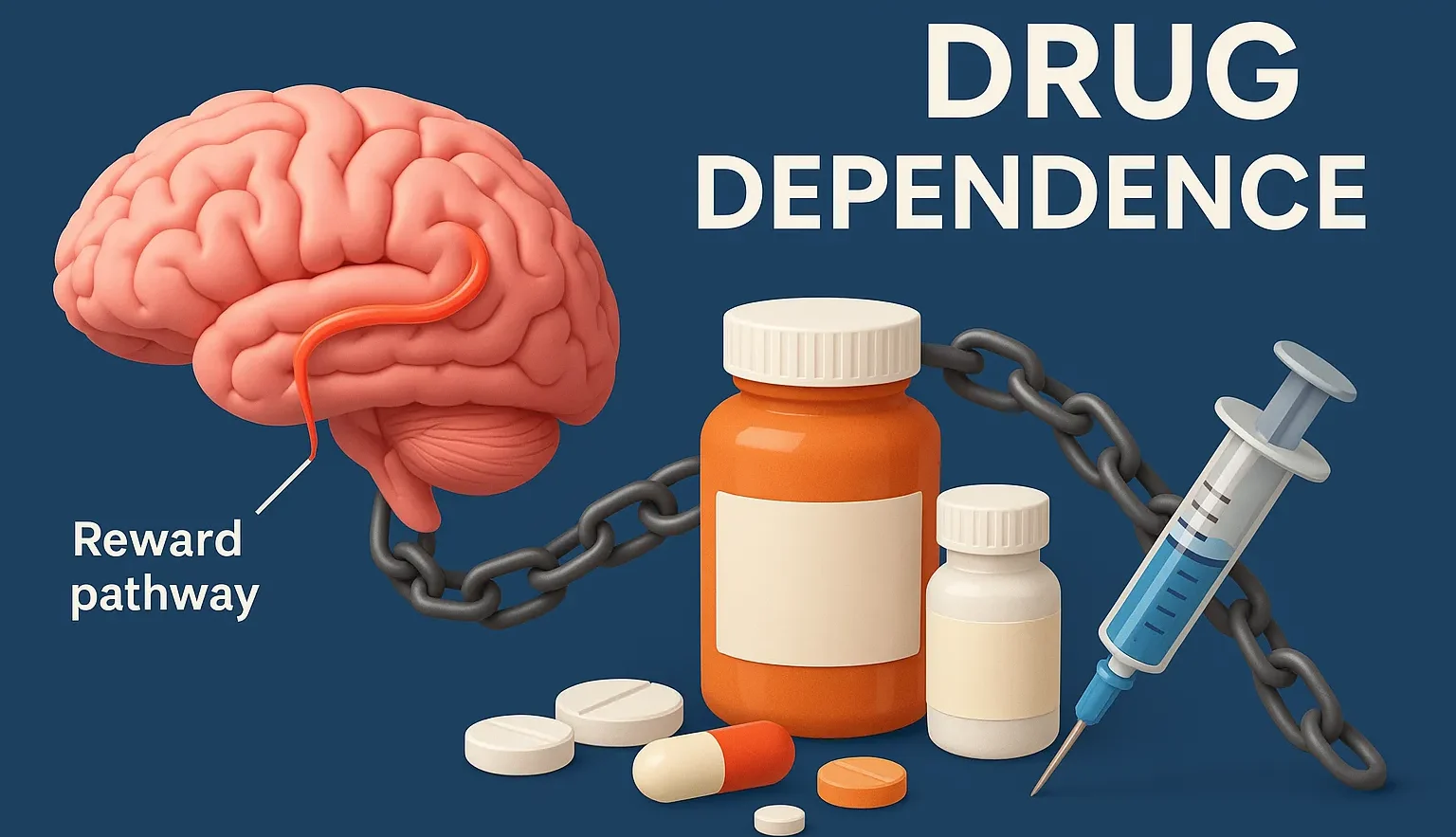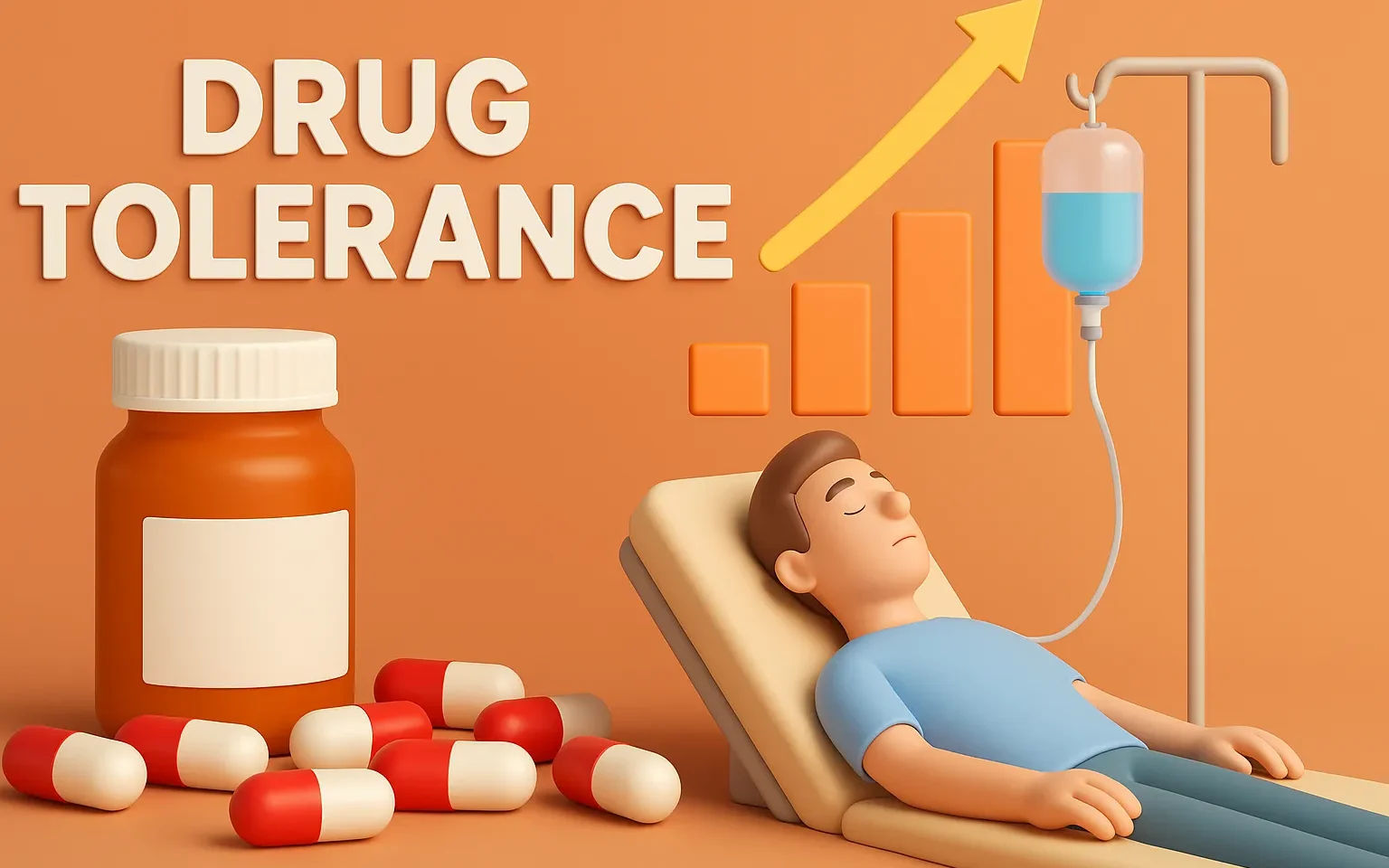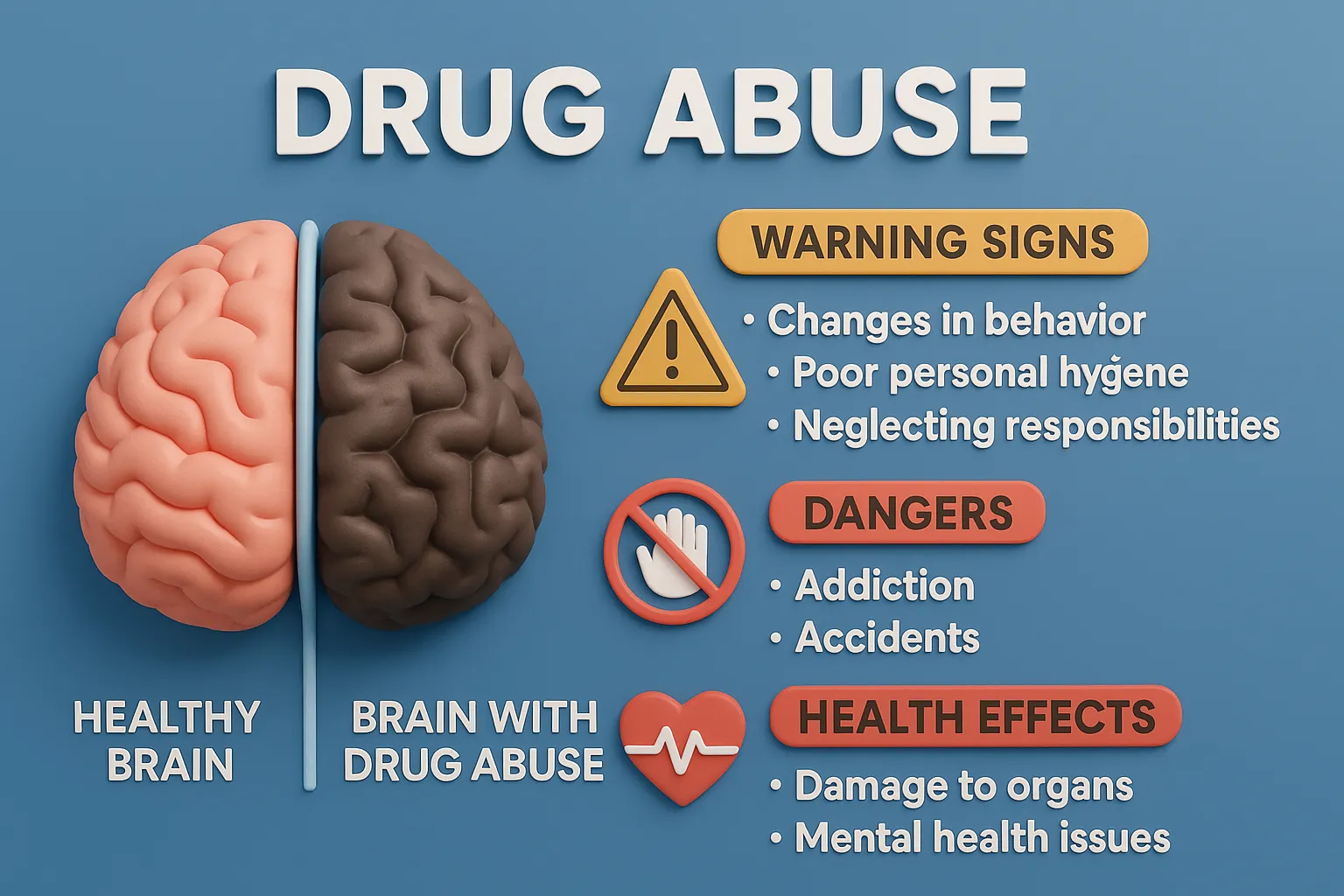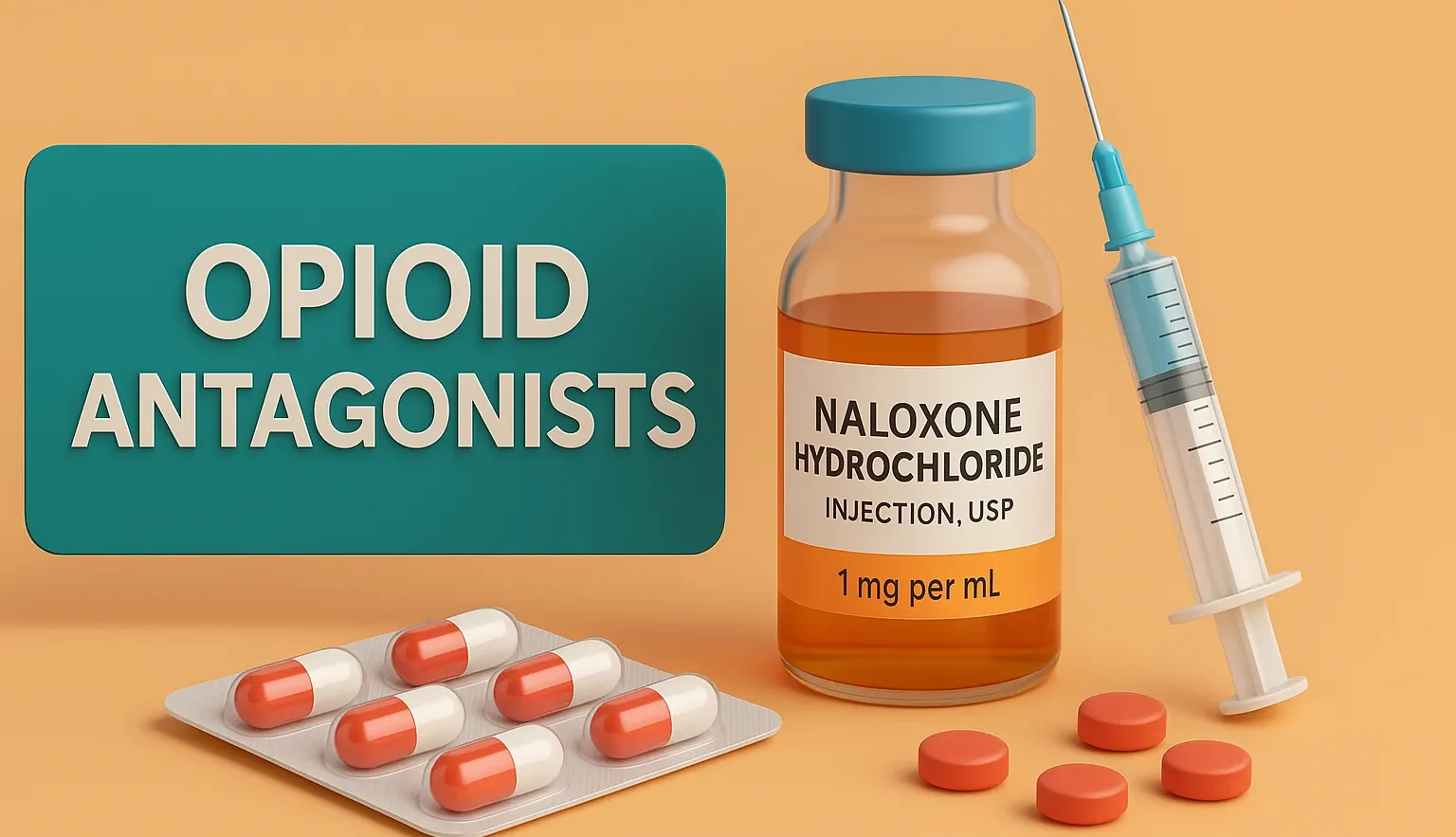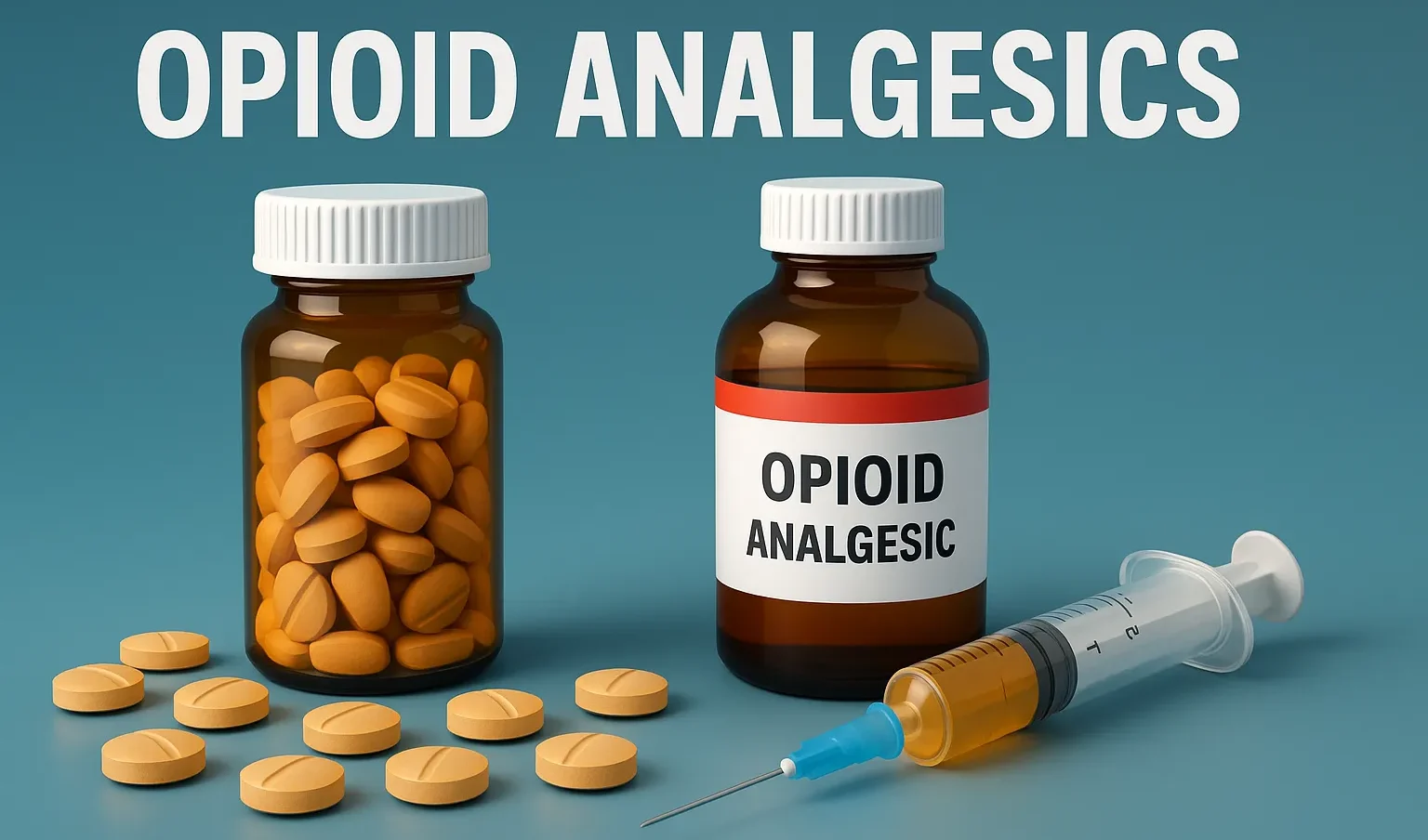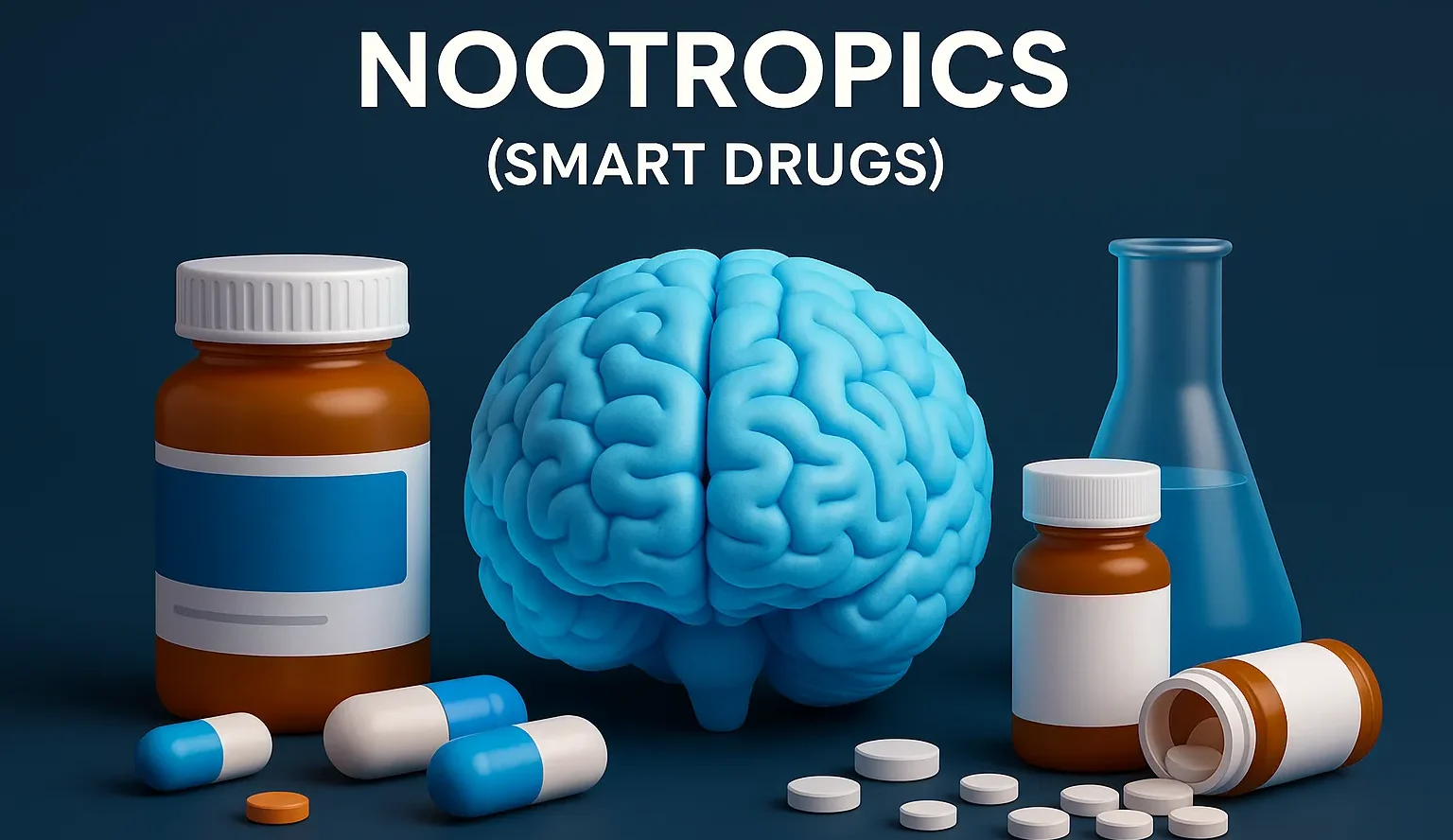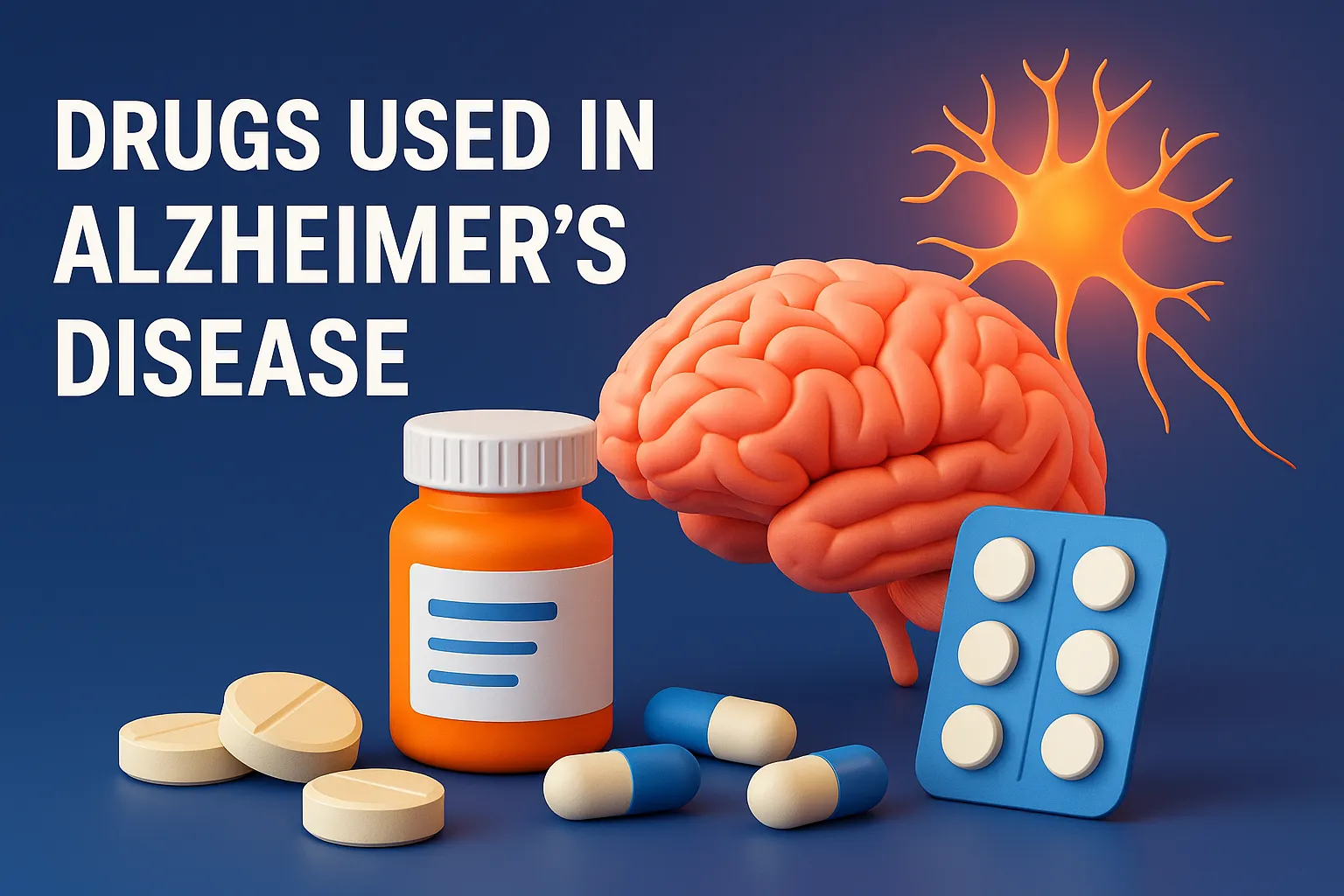Drug Dependence
Definition of Drug Dependence: Dependence is a state where the body adapts to the presence of a drug, and withdrawal symptoms occur upon stopping the drug. Types: Physical Dependence Characterized by withdrawal symptoms upon drug discontinuation Result of neuroadaptation Common with: opioids, benzodiazepines, alcohol Examples of Withdrawal Symptoms: Opioids: Yawning, cramps, diarrhea, mydriasis Alcohol: Tremors, … Read more

